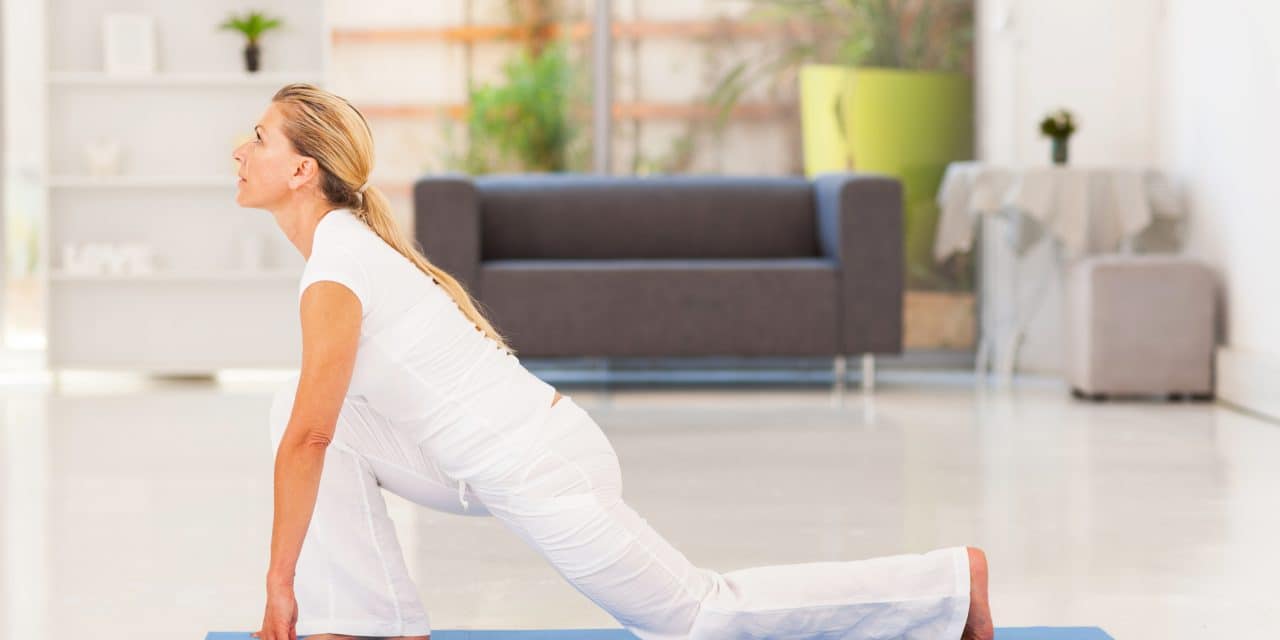What is Dehydroepiandrosterone (DHEA)?
Dehydroepiandrosterone (DHEA) is one of the most plentiful steroid hormones in the body – ten-fold higher than the stress hormone cortisol – and here we explain how to increase DHEA levels.
DHEA has a range of important effects relevant to our health. This is partly because DHEA can be converted into sex hormones. In particular, one of the major sources of testosterone in women is DHEA, while in men, DHEA can increase estrogen levels. It may also have direct actions itself.
Like other hormones, DHEA levels decline as we get older. By the time we are 80, they are less than a fifth of what they were when we were 25. Because the adrenal gland makes DHEA, women with primary failure of their adrenals are also at risk of DHEA deficiency.
Experts believe DHEA supplementation can positively affect aging, inflammation, mood, menopausal symptoms, bone density, cognitive and athletic performance, and sexual function, particularly in women. Although some studies support each of these claims, there is no consistent evidence for any of these actions.
Because DHEA modifies testosterone levels in women, the side effects of DHEA supplements are predictable and include coarser and oilier-than-normal hair and skin, acne, hair loss and increased facial hair. Some women experience changes in mood and irritability.
Higher levels of DHEA have been correlated with an increased risk of developing breast cancer in some studies.
How to increase DHEA levels
Unlike other hormones that are tightly regulated and available on prescription, DHEA is widely available as a nutritional supplement. The quality and dose of such ‘nutritional’ products, however, is often problematic.
In recent years, 17-keto DHEA has been promoted as a potentially superior version of DHEA. This is partly because it is less readily converted to testosterone, hence its side-effect profile is reduced. However, this also means 17-keto DHEA is less effective at restoring female testosterone levels, which is one of the most common reasons why women feel different on DHEA.
DHEA is not the solution to all your problems as you age. At best is has modest effects. There are many other things you can do to help your hormonal health, including:
- increasing vigorous exercise in your exercise regime. This will not only combat weight gain but also enhance hormonal levels. Maybe take up running, swimming, football or weight lifting.
- managing stress. Stress is a big killer of hormones, as well as vitality.
- getting quality sleep. Sleep is also a major killer of hormones and vitality.
- keeping a symptom diary. Are you experiencing a persistent loss of stamina or strength, fatigue, lethargy, low mood, or poor memory or libido? Become aware of your issues rather than dismissing them, and then get some help to address them.
Last reviewed 04/Sep/2017
Dr Merlin Thomas
Latest posts by Dr Merlin Thomas (see all)
- How to increase DHEA levels - 28/09/17
- Testosterone supplement benefits & risks - 11/07/17
- Health effects of tea & coffee - 10/07/17






